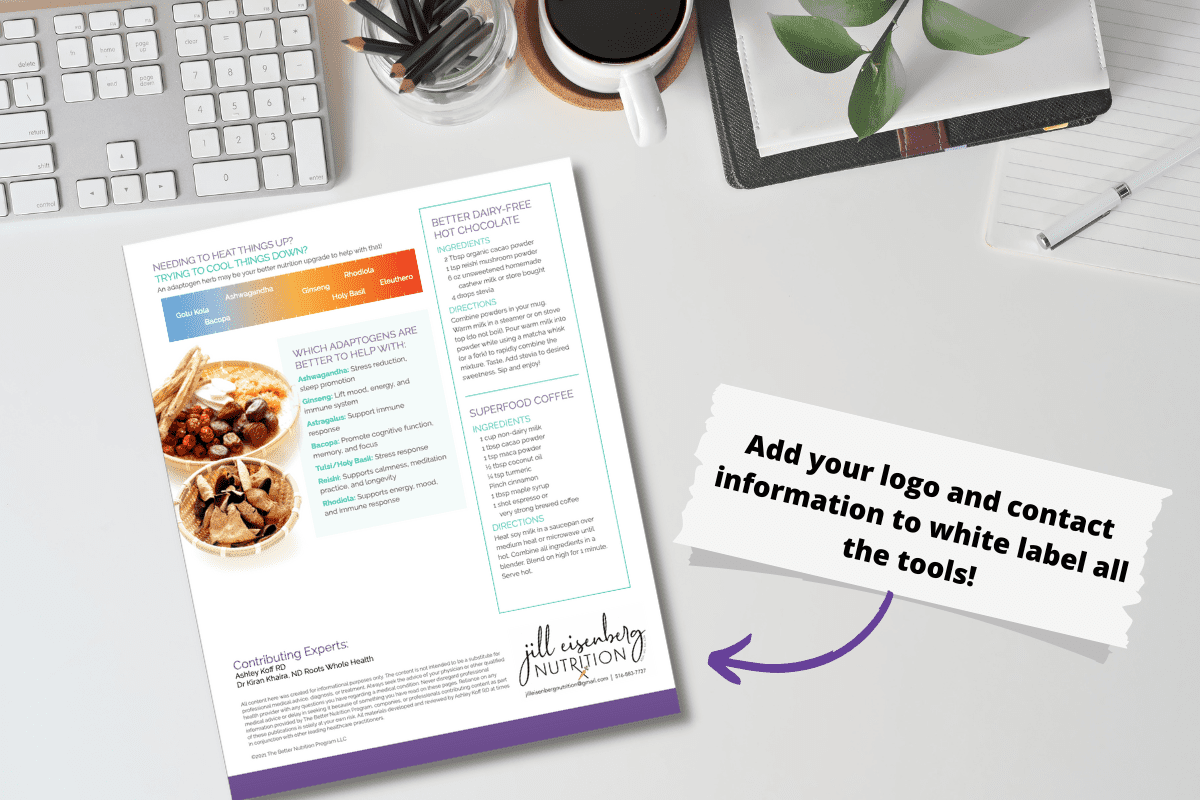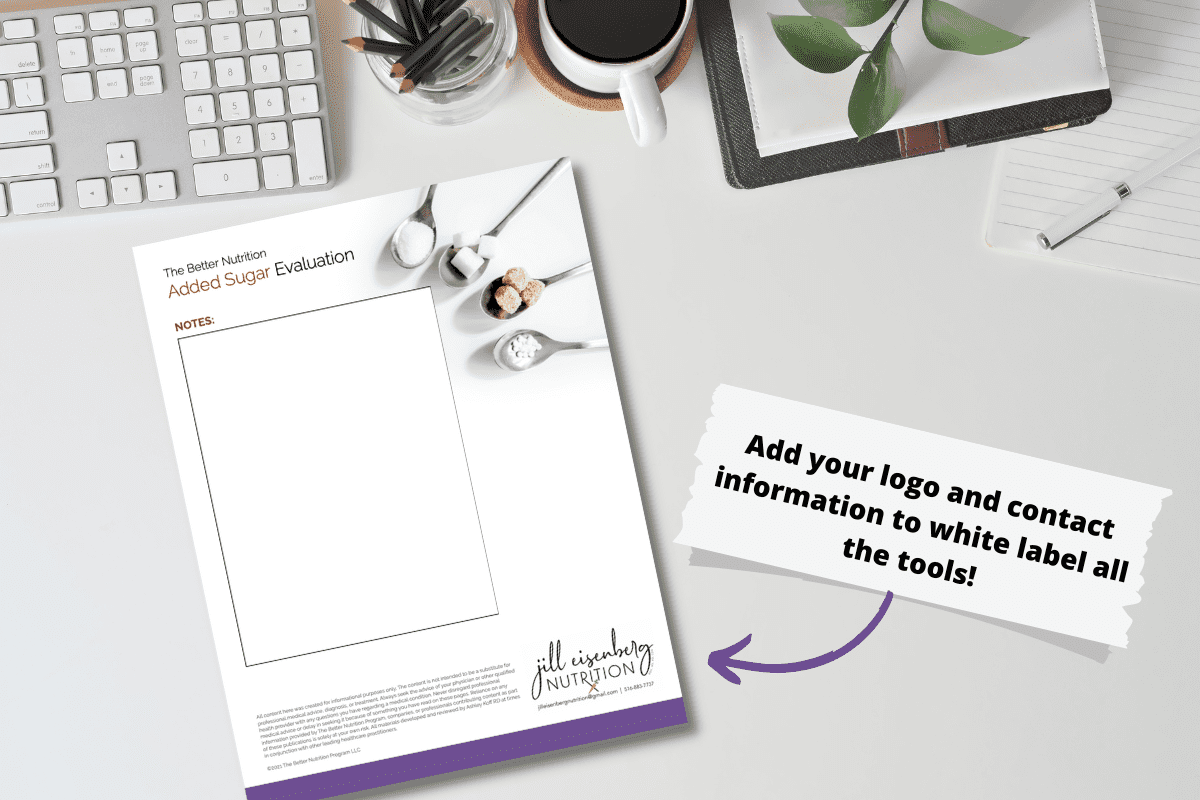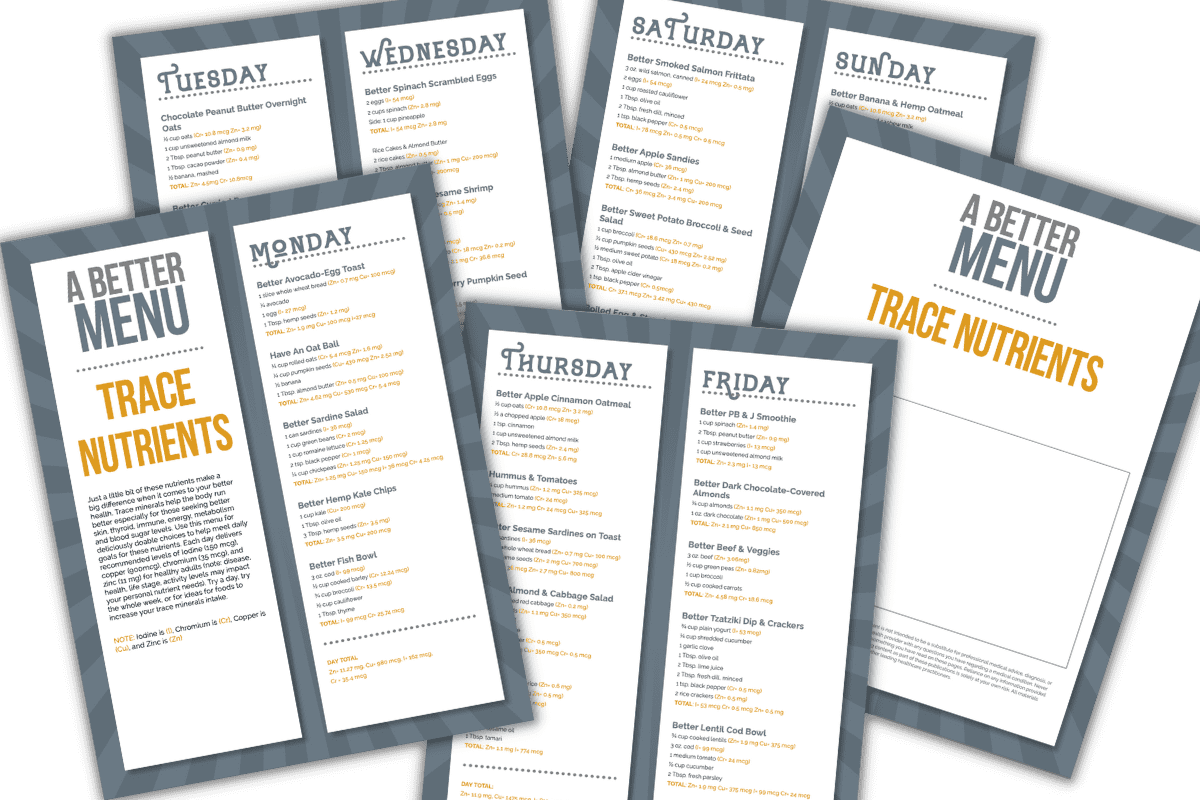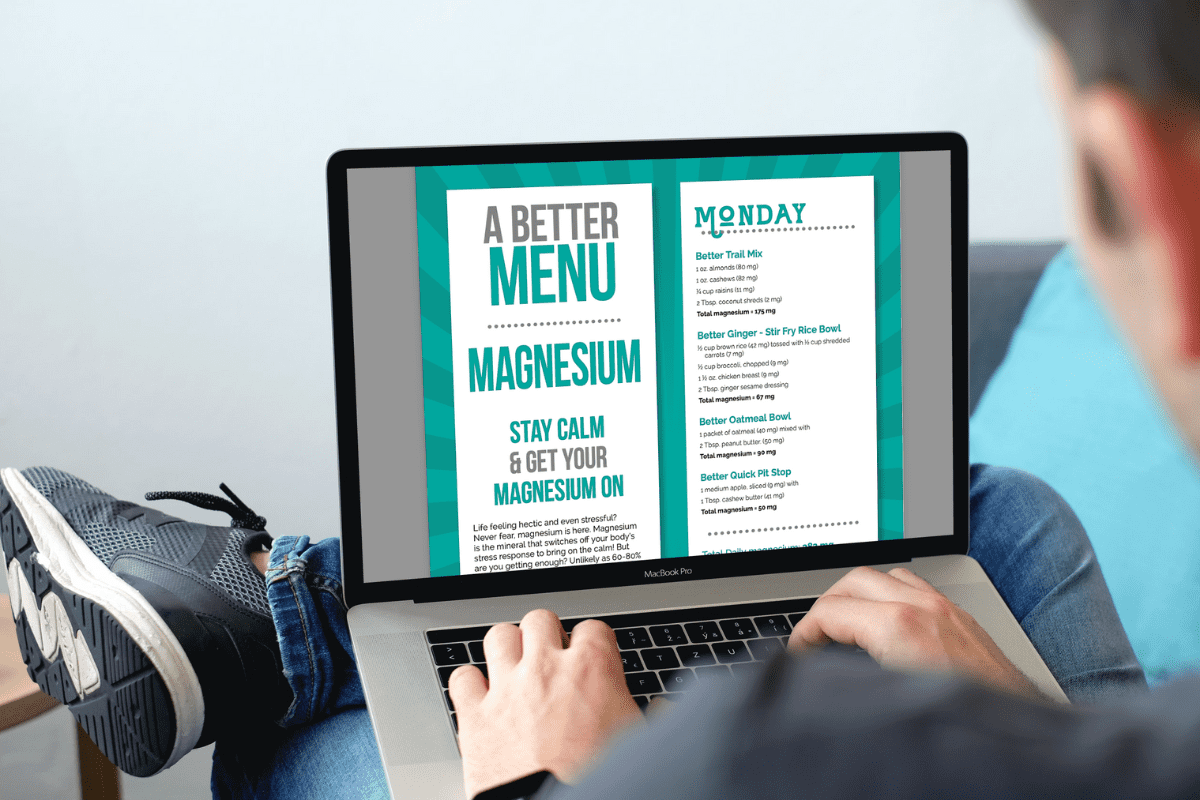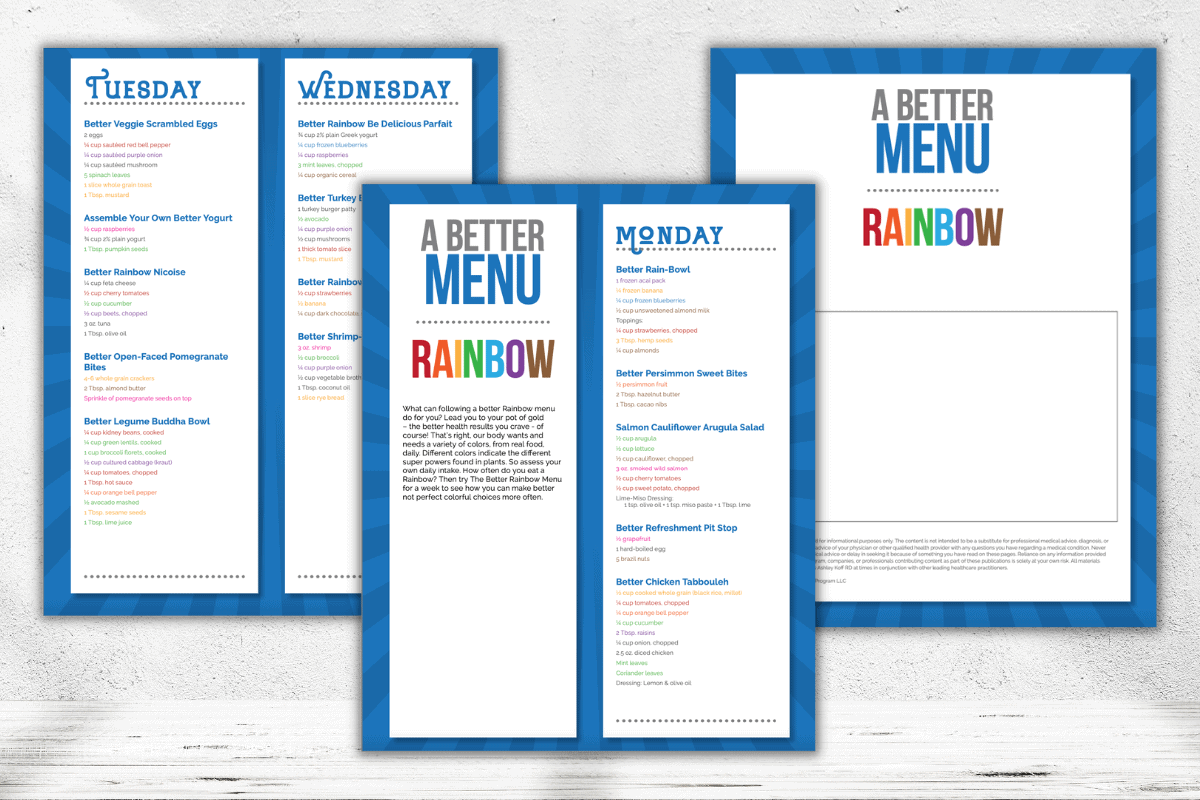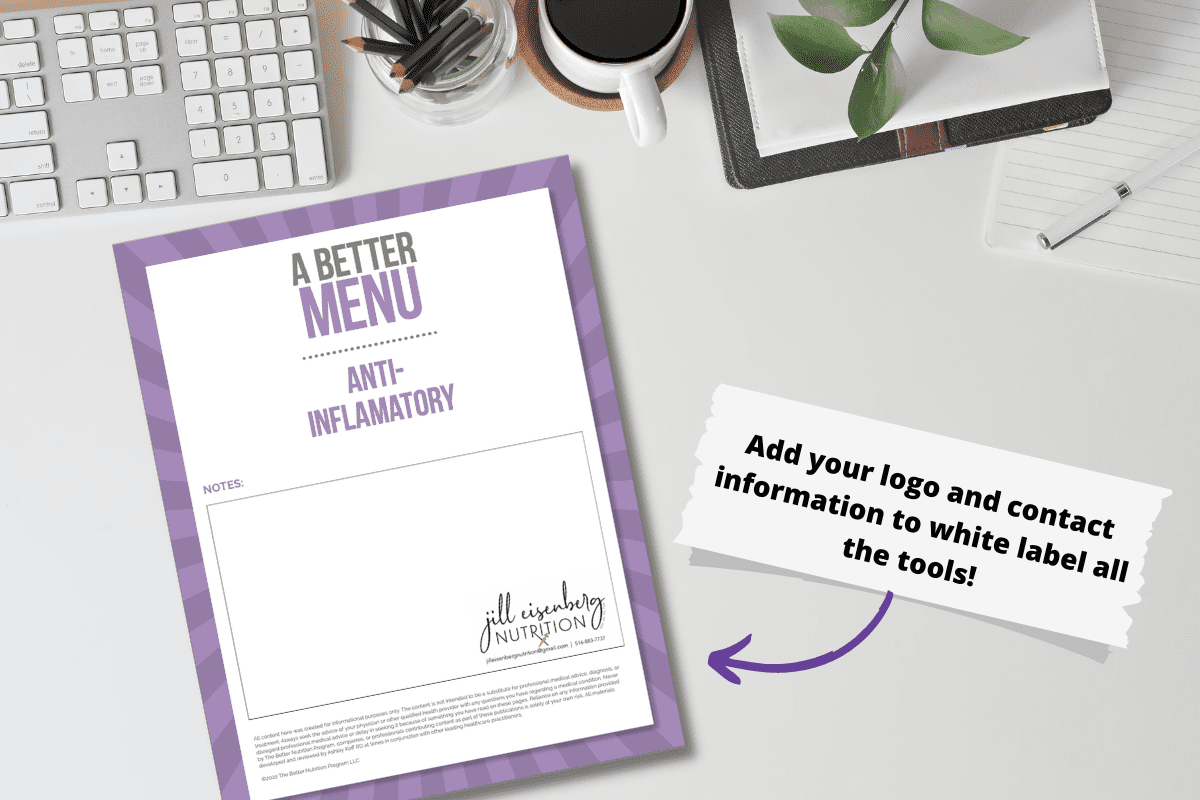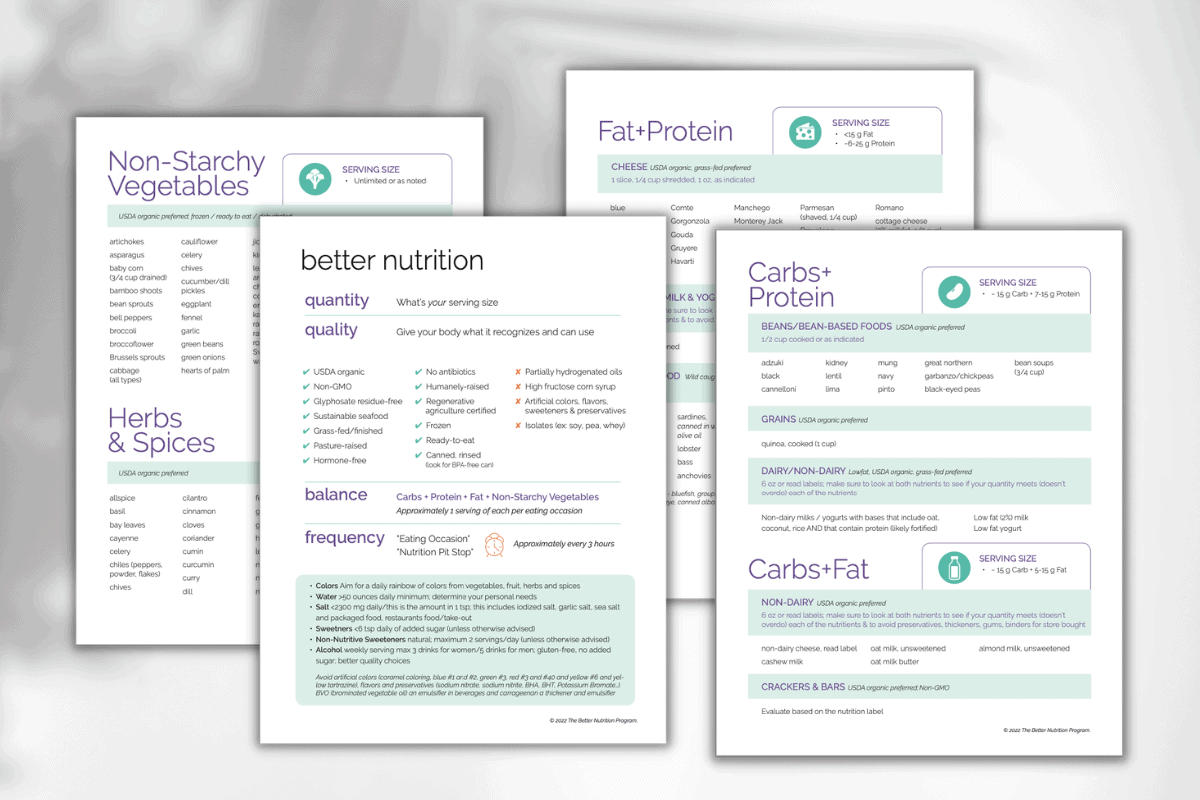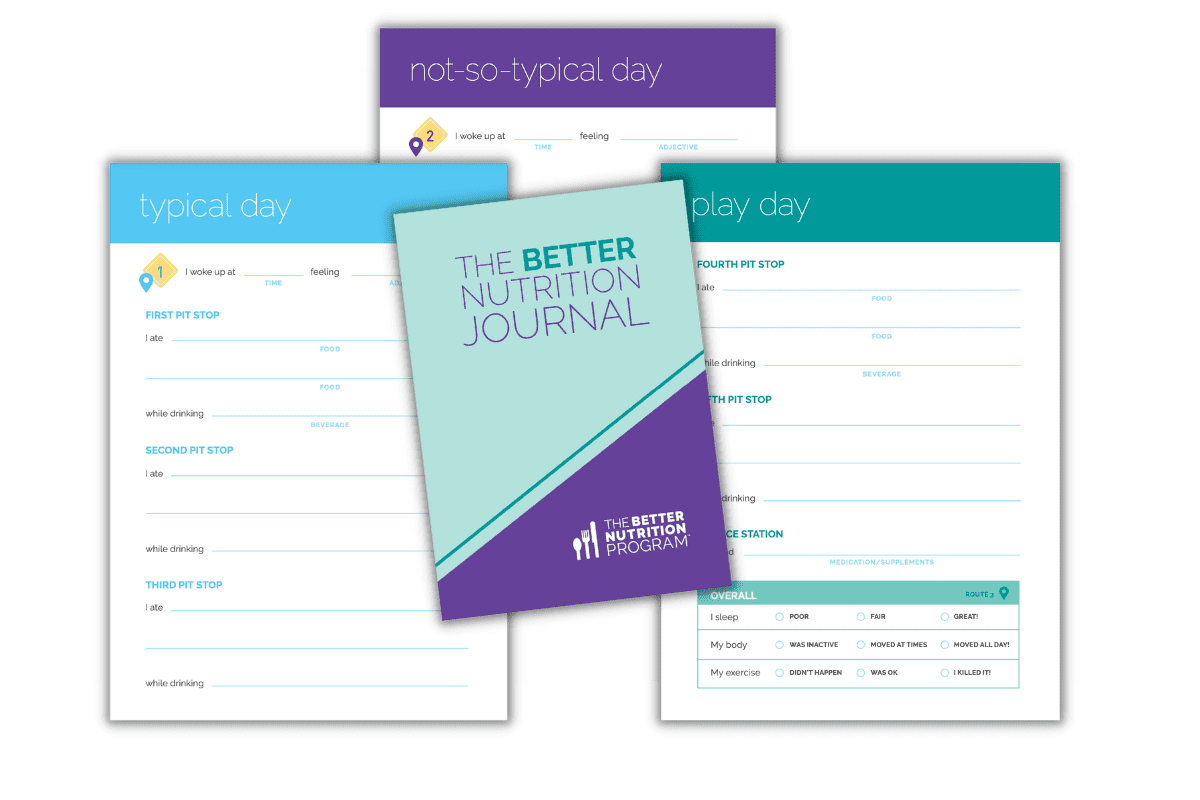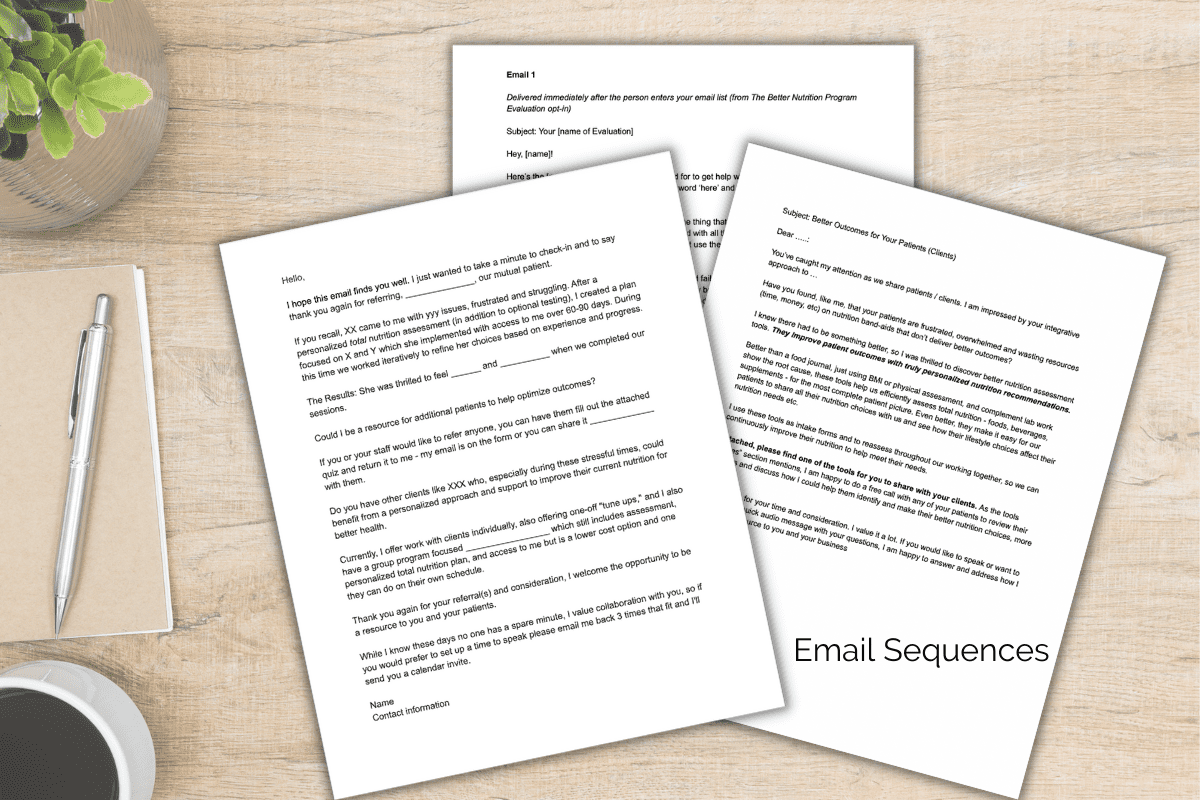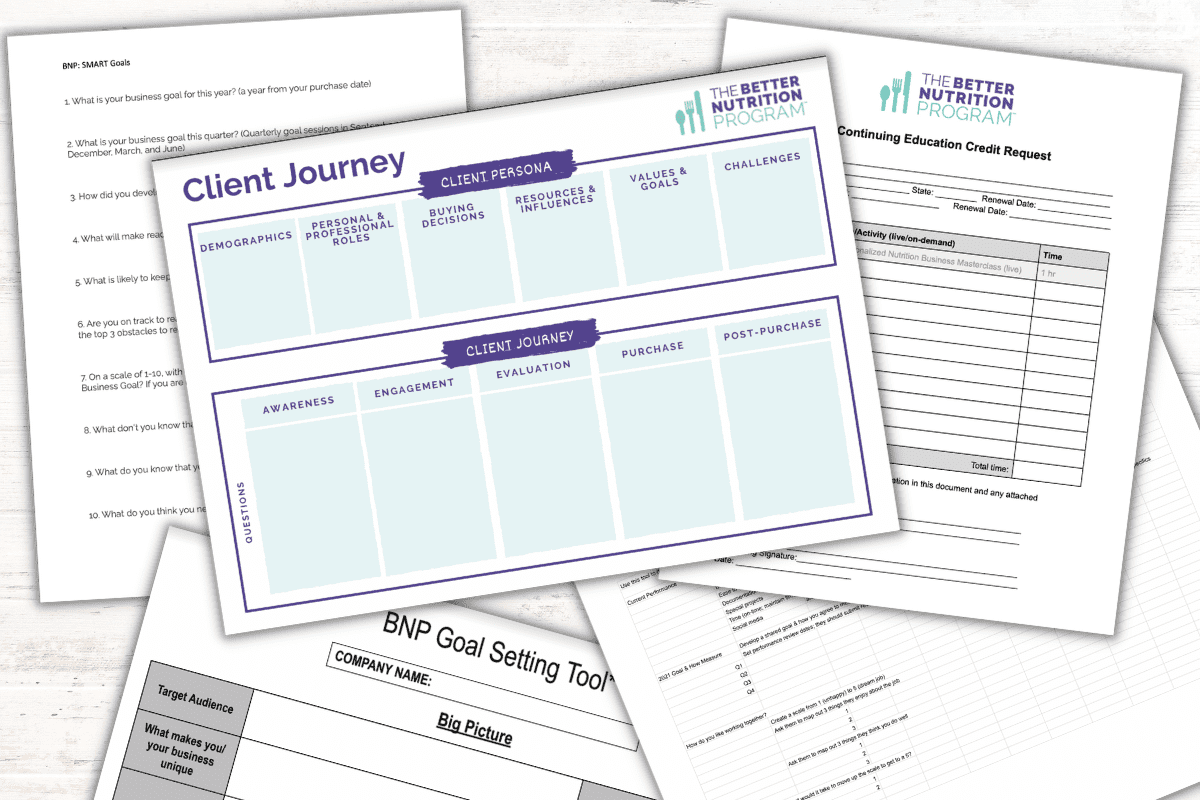How to Maintain Healthy Nutrition During Ramadan, the Fasting Month for Muslims
Ramadan is a holy month for Muslims around the world. Here in the US, Muslims account for 1.1% of our population. The month of fasting between sunrise and sunset can make it challenging to maintain optimal nutrition during Ramadan. So we reached out to our colleagues Mausumee Hussain MD, MS and Rodwa Aboomar (Dietetic Intern) for tips to make it manageable – for observant Muslims and the nutrition professionals who work with them.
What is Ramadan?
The fasting month, also considered the holy month, is when Muslims around the world fast from dawn to sunset, abstaining from food, drink, and oral medications. Ramadan falls on the ninth month of the lunar-based Islamic calendar. In 2023, Ramadan begins on the evening of March 22.
It was during Ramadan, on the “Night of Power” (Laylat al-Qadar)—commemorated on one of the last 10 nights of Ramadan)—that God revealed to Prophet Muhammad the Quran, Islam’s holy book, as a guidance for the people. This month is intended to focus the mind on prayer, spirituality, and charity, as well as to purify the body and mind.
Who Fasts?
Fasting is mandatory for all Muslims as one of the five pillars of Islam. As with all requirements within Islam there are exceptions. Pregnant and lactating women, those traveling long distances, menstruating women, individuals with acute or chronic illness, young children who haven’t reached puberty, elderly and those who are mentally ill are exempted from fasting.
Healthy individuals that miss fasts during Ramadan, such as lactating and menstruating women will make up their fast before the next Ramadan. Despite being exempt, many individuals who fall into these categories decide to fast, but we strongly recommend checking with your health care provider if this describes you.
The Importance of Fasting for Muslims
Ramadan is a period that teaches pause and inner reflection, increased worship and supplication, self-discipline and control, and a sense of well-being. It is more than just not eating and drinking all day. It teaches empathy towards the poor and less fortunate. With Ramadan, you can set achievable goals and develop healthy habits to maintain beyond this month. The objectives are personal. Each person adapts their routine during Ramadan according to their needs.
A Total Fast from Sunrise to Sunset
During fasting hours (between sunrise and sunset), Muslims refrain from food, drinks (yes, even water), gum, smoking, sexual intercourse and any forms of nourishment, such as oral medication and vitamin supplementation. It is encouraged that we also cleanse our tongues by refraining from foul words, arguments and performing bad actions.
Tip #1: Don’t Skip Suhoor (the pre-dawn meal). Choose nutrient-dense foods with plenty of protein, whole grains, fruits, vegetables, and dairy. Be sure to get enough water to avoid dehydration.
Typically, Muslims take two meals during Ramadan: Suhoor and Iftar. Suhoor is the pre-fast meal, eaten before dawn. Some people may choose to skip this meal but it is discouraged since it can lead to low blood sugar levels causing lethargy. The Prophet PBUH said : “Eat suhoor, for in suhoor there is blessing.” [Al-Bukhari].
Tip #2: For Iftaar (the post-sunset break-the-fast meal), add dry nuts or nut butters to help balance your blood sugar. Increase your protein, fats, and fiber to support your body through the fast.
Iftaar is the meal to “break the fast”, which happens after sunset. It is sunnah (traditions & practices of Prophet Muhammad PBUH), to break the fast with dates and water. When breaking the fast with dates, try to consume no more than two; you can take small bites and chew well. They provide quick sugar and hydrating potassium but you will want to move on to proteins, fats and non-starchy vegetables to balance your blood sugar.
Tip #3: Create Balanced, Wholesome Meals
For both Suhoor and Iftaar, divide your plate into 3 sections:
- Fruits and vegetables: These should take up about half your plate. Incorporate the rainbow—the richer the color, the more antioxidants + phytochemicals (your immune system will thank you!) Be mindful:
- Non-starchy vegetables, herbs and spices: flavoring your food and filling up on these give your body important nutrition that helps it clean up internally and keep your immune system working better. Eat as much as you like. In fact, the more the better.
- Fruits and starchy vegetables count as carbohydrates. Fruits consumed with the skin (like berries and apples) than those consumed without the skin (like bananas and melons).
- Protein: Draw from a variety of animal and plant protein sources to make up about ⅓ of your plate. Plants and animals provide protein sources. Nuts, seeds, beans, legumes and grains provide protein along with fats or carbohydrates. Enjoy them in their least processed forms, especially reducing fried and overly sauced options in favor of those that are flavored with spices and olive oil. To the best of your ability, keep meat and fish to 3-5 ounce portions, and aim to avoid those that are breaded and fried. Go for baked and grilled.
- Fats: healthy sources of fats like olives, nuts, seeds, and avocado can help at both morning and evening meals so you feel satisfied and can absorb important nutrients. Aim to get in a variety and choose foods cooked in olive oil vs fried in or made with sauces from less healthy fats like vegetable and soybean oil.
*As you eat fiber-rich foods (and especially if you increase fiber in your diet), ensure you get in water, potassium (dates, avocado, cauliflower) and trace minerals (those nuts & seeds) to stay hydrated and help prevent digestive discomfort.
Tip #4: Ensure Adequate Hydration
Aim to get in at least 38-45oz of water (not from caffeine beverage) and increase if you are thirsty. Thirst or the need to urinate frequently and during the night may mean you don’t have enough minerals to help your body absorb the water you take in.
Infuse your water with fruits/vegetables/herbs to improve the taste: Lemon, lime, mint, basil, strawberries, kiwi, ginger, orange slices all taste delicious in water.
Many foods also have a high water content. Consuming these with your meals will also help ensure you stay properly hydrated.
| % Water Content | Food |
| 90-99% | Watermelon, celery, cucumber, lettuce, spinach, cooked squash, mushroom, strawberries |
| 80-90% | Yogurt, apples, grapes, oranges, brussels sprouts, blueberries, peas, pineapple |
| 70-89% | Bananas, potato, avocados, cooked corn |
Tip #5: Keep Up Your Physical Activity
In addition to minding your nutrition during Ramadan, it is recommended to maintain physical activity during Ramadan while allowing for modifications as needed. Try moderate activity such as walking, light jogging, cycling, at home workouts, and light machine workouts. Ideal times to exercise are 1-2 hours before Iftaar to replenish afterwards and 1-2 hours post iftaar when the body is adequately nourished again. Physical activity after Iftaar helps with blood sugar regulation and digestion. Perhaps you can get a short walk in or some stretches in after your evening meal? Maybe a game of basketball or soccer with friends and family? Anything to help keep you moving.
Taraweeh prayers are special Muslim prayers involving reading long portions of the Quran together as a community in the mosque. The prayer consists of repeated cycles of kneeling, bowing and rising which can count towards a physical activity regimen.
Tip #6: Choose Foods Intentionally Even at Community Meals
Ramadan’s emphasis on community is beautiful and intentional. When it comes to community meals, it can be hard to find better choices for you personally. Often there are a lot of very tempting fried foods and sweets; there may not be the protein and healthy fat choices you normally choose to help balance your blood sugar. Especially as you approach the evening meal, start by quenching your thirst with water and identify if there is a protein and fiber-rich choice like chickpeas or lentils, nuts and seeds to start your meal. Make your carbohydrate choices intentionally — choose 1-2 servings of carbohydrates with fiber (like the beans or whole grains or starchy vegetables with their skins). Then once you’ve had a balanced meal, you can enjoy a sweet treat if you want it. Ideally enjoy 3-5 delicious bites avoiding becoming over full which will make digestion and sleep harder.
Tip #7: Supplements May be Helpful
Supplemental tools may be helpful to maintain nutrition during Ramadan, especially if you tend to get digestive upsets from eating certain foods or amounts that aren’t as typical for you.
- Consider digestive enzymes especially with your evening meal (2 with the first bites of food)
- Consider adding the two supplements to your water to help you absorb your water and support hydration
- Consider a quality multi-nutrient supplement as getting in enough nutrients can be challenging during two meals
- Consider a magnesium supplement especially if you struggle to relax and go to sleep.
- Consider glutagenics to support your digestive tract lining which is important for hormones that signal blood sugar metabolism and to ensure optimal absorption.
All of these are available in The Better Nutrition Program store. If you use this link, you’ll receive 20% off all products from BNP.
Dr. Hussain’s Suggestions for Nutrition Professionals
- To help your Muslim patients properly prepare for Ramadan, begin working with them on a plan a month prior to the beginning of Ramadan.
- Understand and consider past and present medical history and their impact
- Consider body composition and exercise habits; reduce volume or alter timing of exercise
- Refer your patient to their primary care doctor so that medication timing can be adjusted, if necessary.
- Emphasize fluid and fiber intake – these tend to be low.
- Increase phase 1 and phase 2 dietary detoxification support at break of fast
- Encourage reflection about the content of pre-dawn meals – ensure steady glucose release and methods to maintain hydration in the intravascular compartment
- Address impact of sleep deprivation and nap planning
- Plan for deviance from food plan and prepare a back up plan in view of communal breaks of fast.




